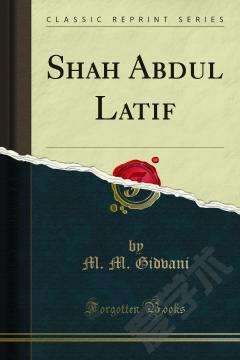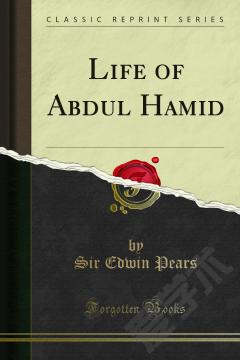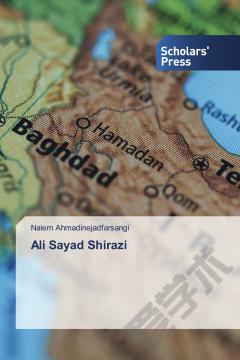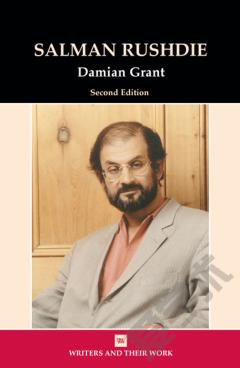Shah Abdul Latif
Typical of a tolerance that expressed itself in varying forms on different occasions. Sometimes, as in Shah Abdul Latif's case (who, we are told, conformed to the creed and-ritual practices of his religion), it could find expression in friendly relations with devout Hindus and yet imply no deviation from Muslim orthodoxy. Diligent search would bring to light a number of such instances. Mention may here be made of one only — the friendship between the Muslim saint, Jamali Sultan, and the Hindu saint, Dial Bhavan, whose tombs stand close together at Girot, and are reverenced by Hindus and Muhammadans alike. They lived together in close amity, and when the one visited the other he was always treated with profound respect. A story is told of their first meeting, which appears in similar form in other hagiologies, but may none the less be true. When Jamali Sultan first came to settle in Girot, Dial Bhavan sent him a vessel of milk filled to the brim as a delicate hint that Girot was already full enough of ascetics and that he would be well advised to settle elsewhere. Jamali Sultan understood the message clearly enough, but secured for himself a welcome by sending back the brimming vessel with a rose-petal floating on the surface of the milk. In other instances, such relations between Hindus and Muhammadans have led to a closer approximation of religious thought and the growth of syncretic sects, attempting to bring about a reconciliation between the rival creeds. Just before Shah Abdul Latif's period, such a sect was formed in Central India by Muhammad Shah Dulla.
{{comment.content}}








 京公网安备 11010802027623号
京公网安备 11010802027623号